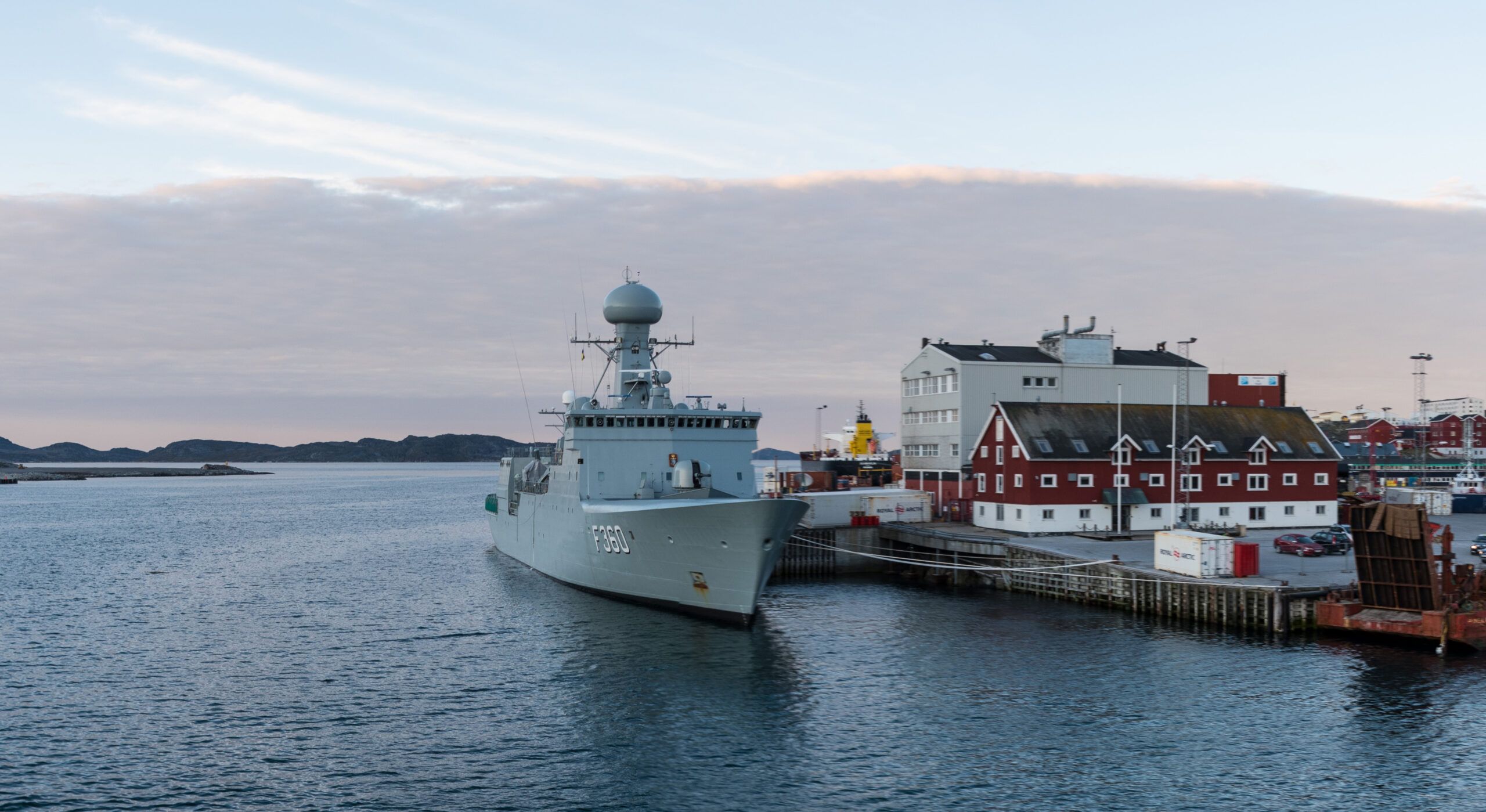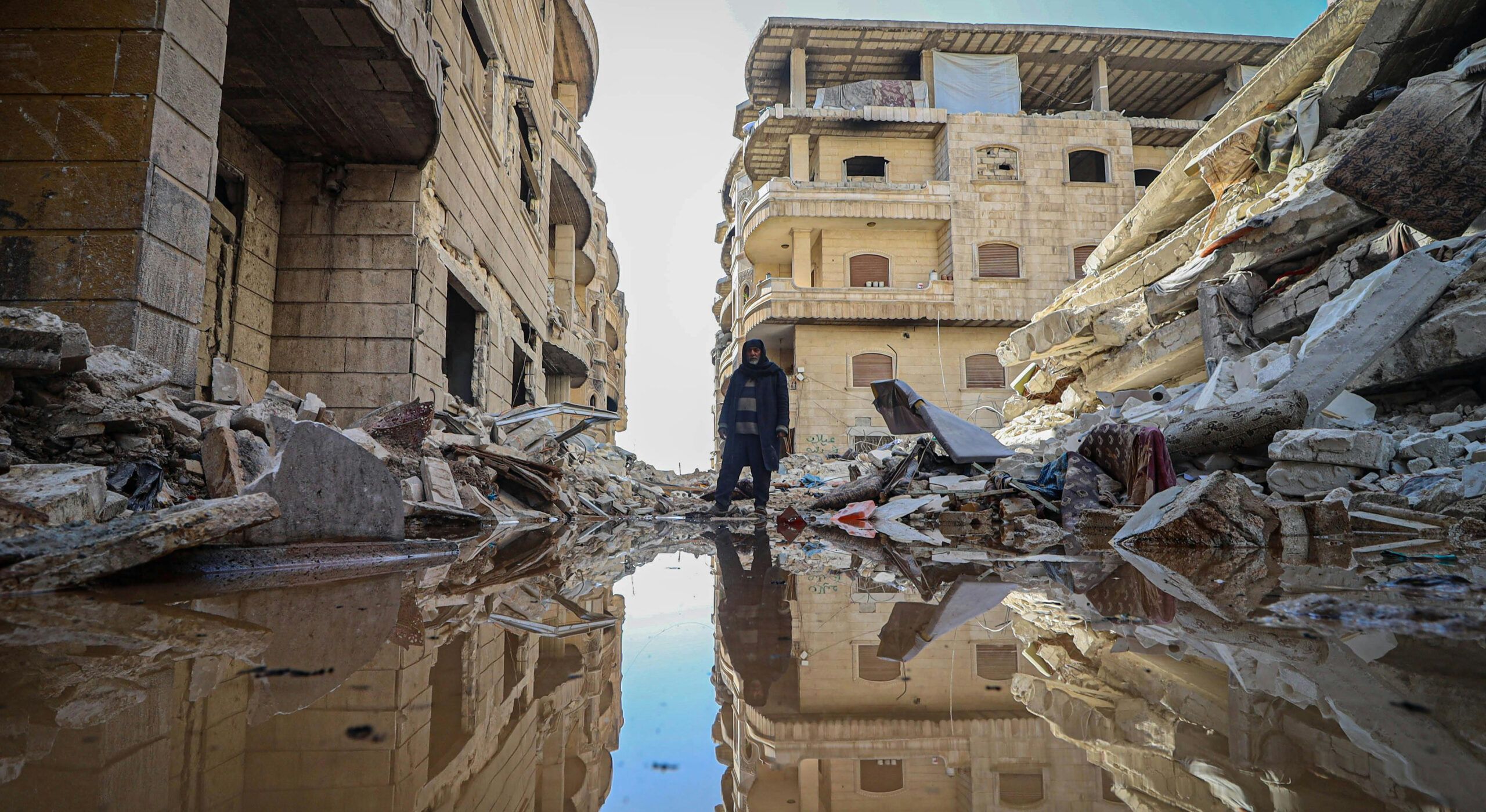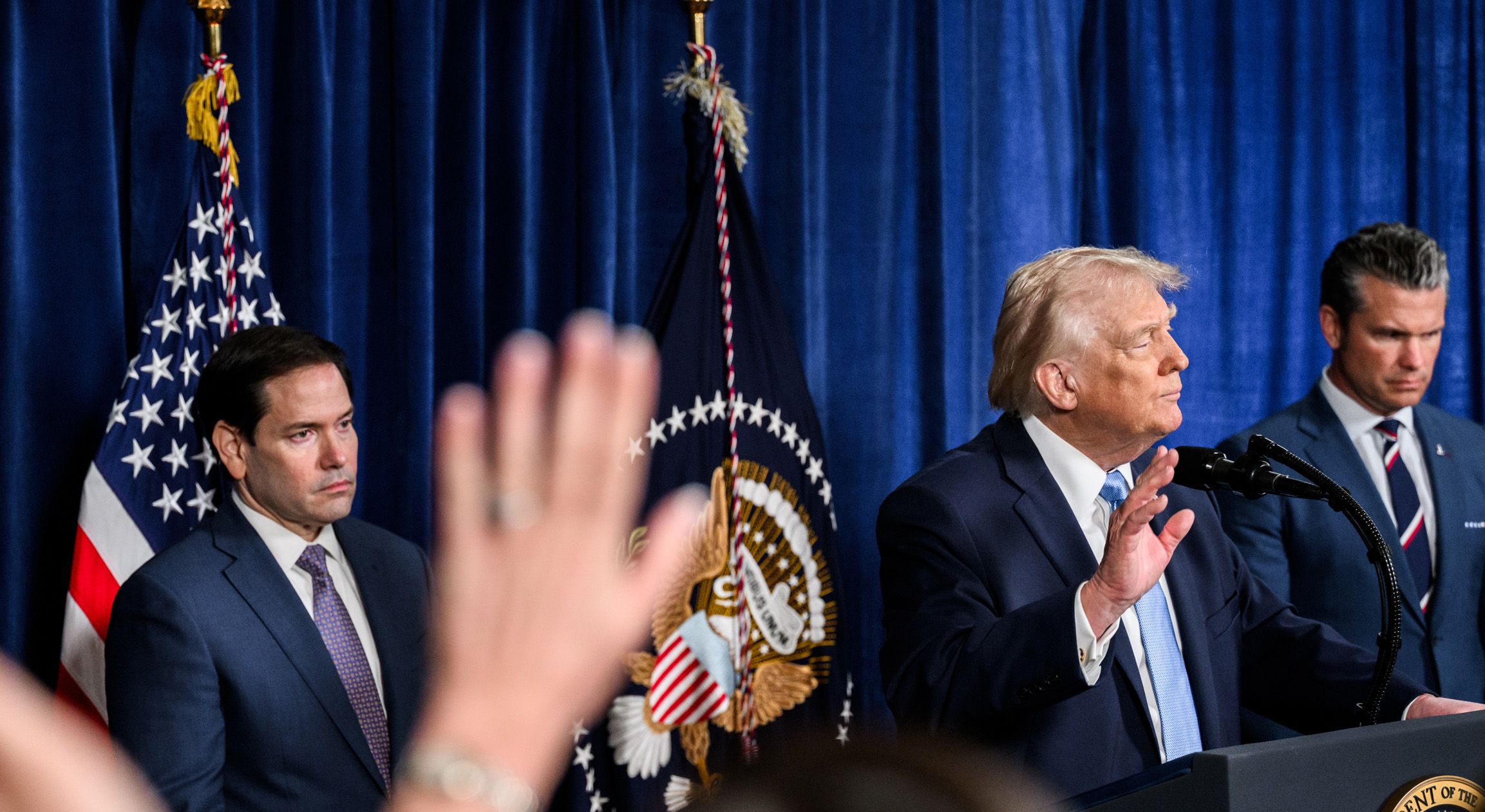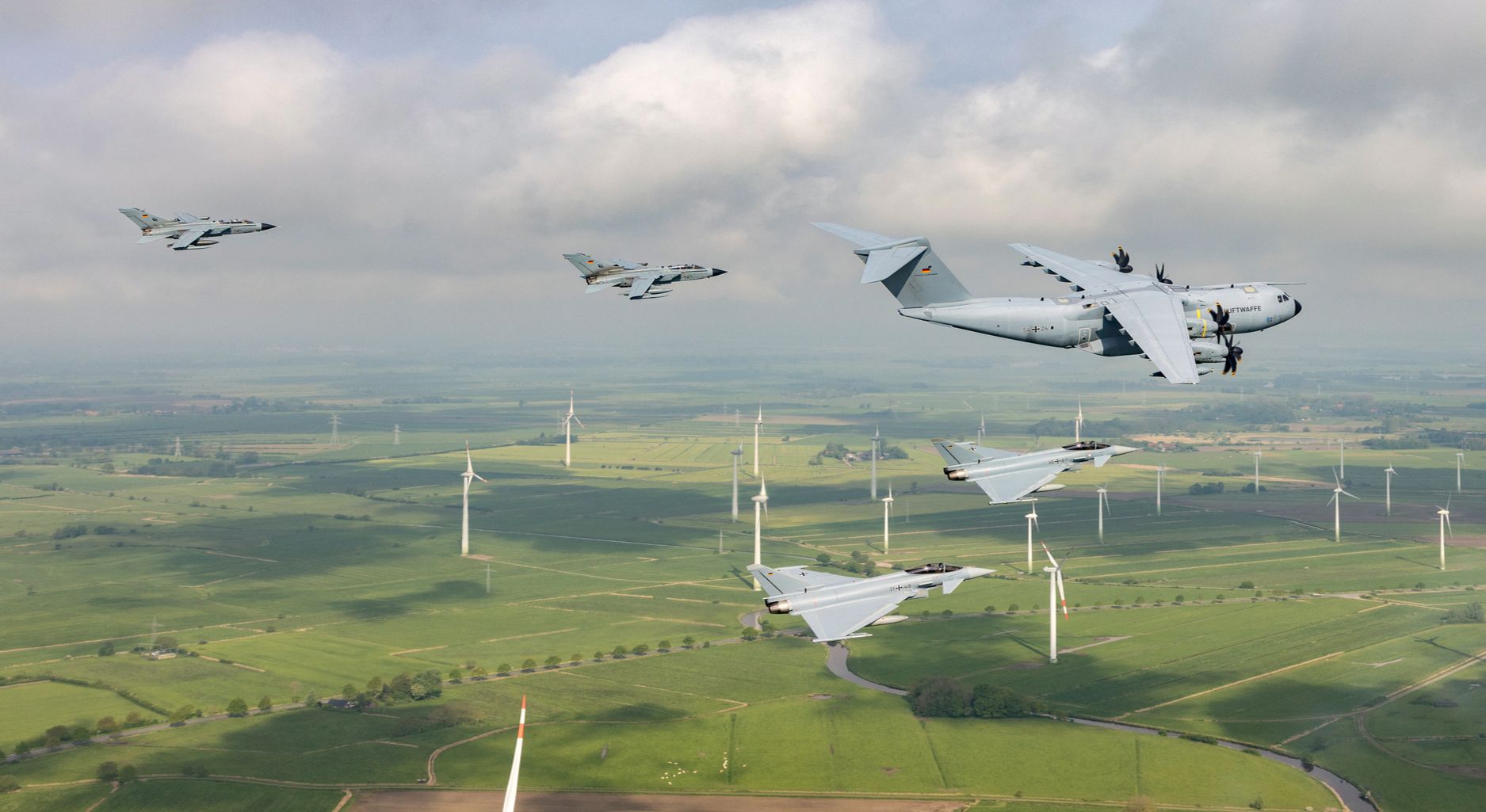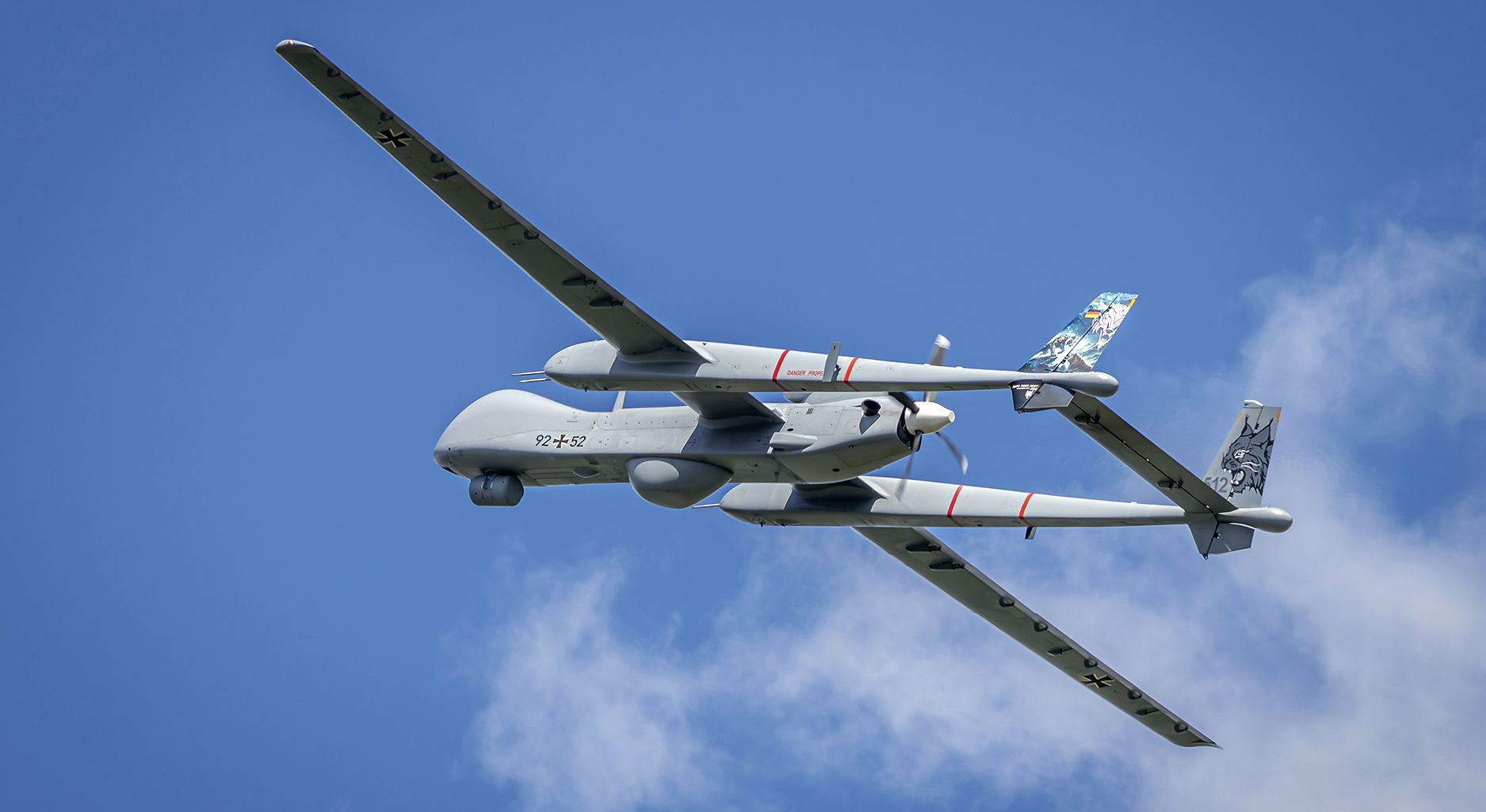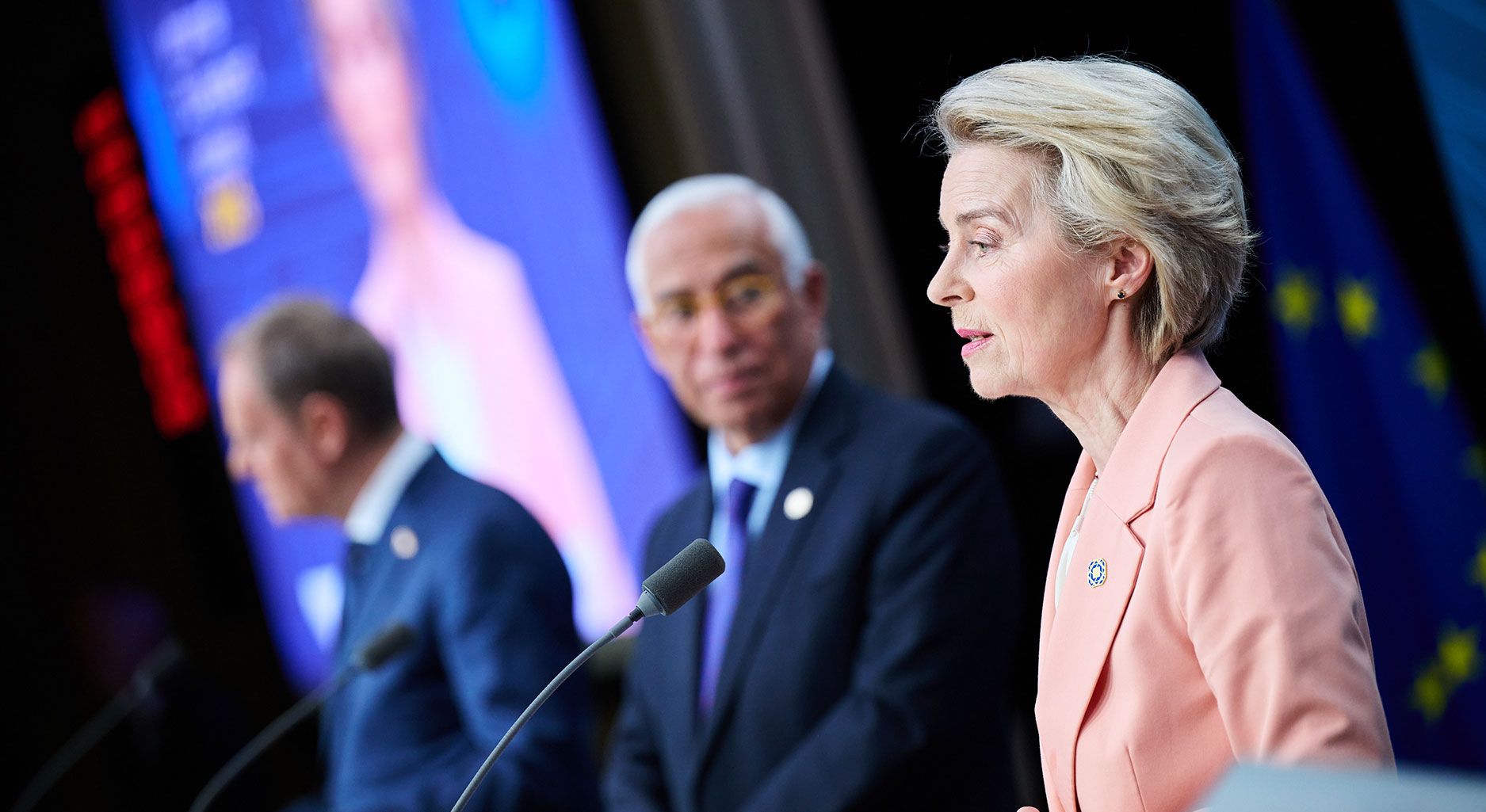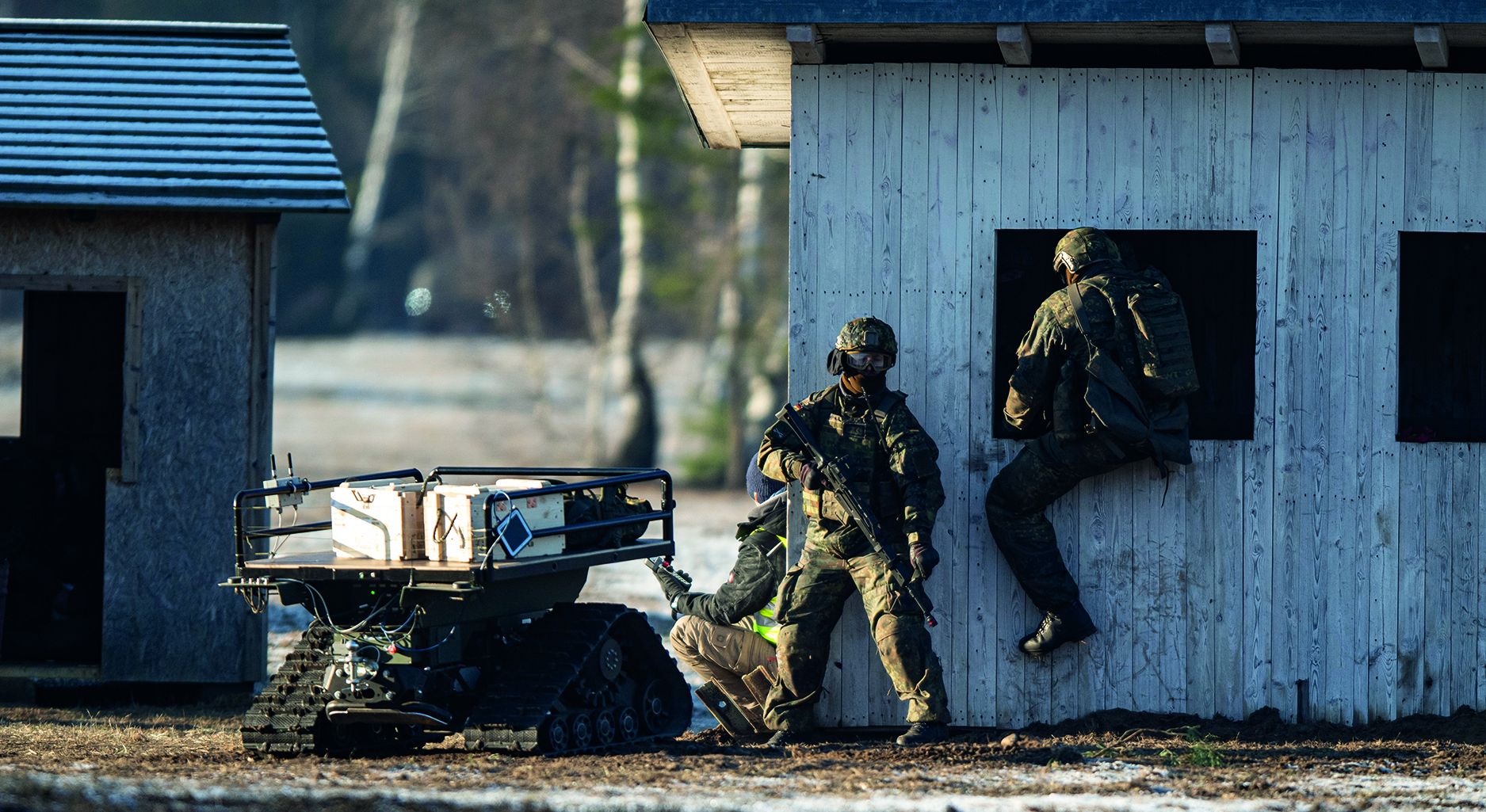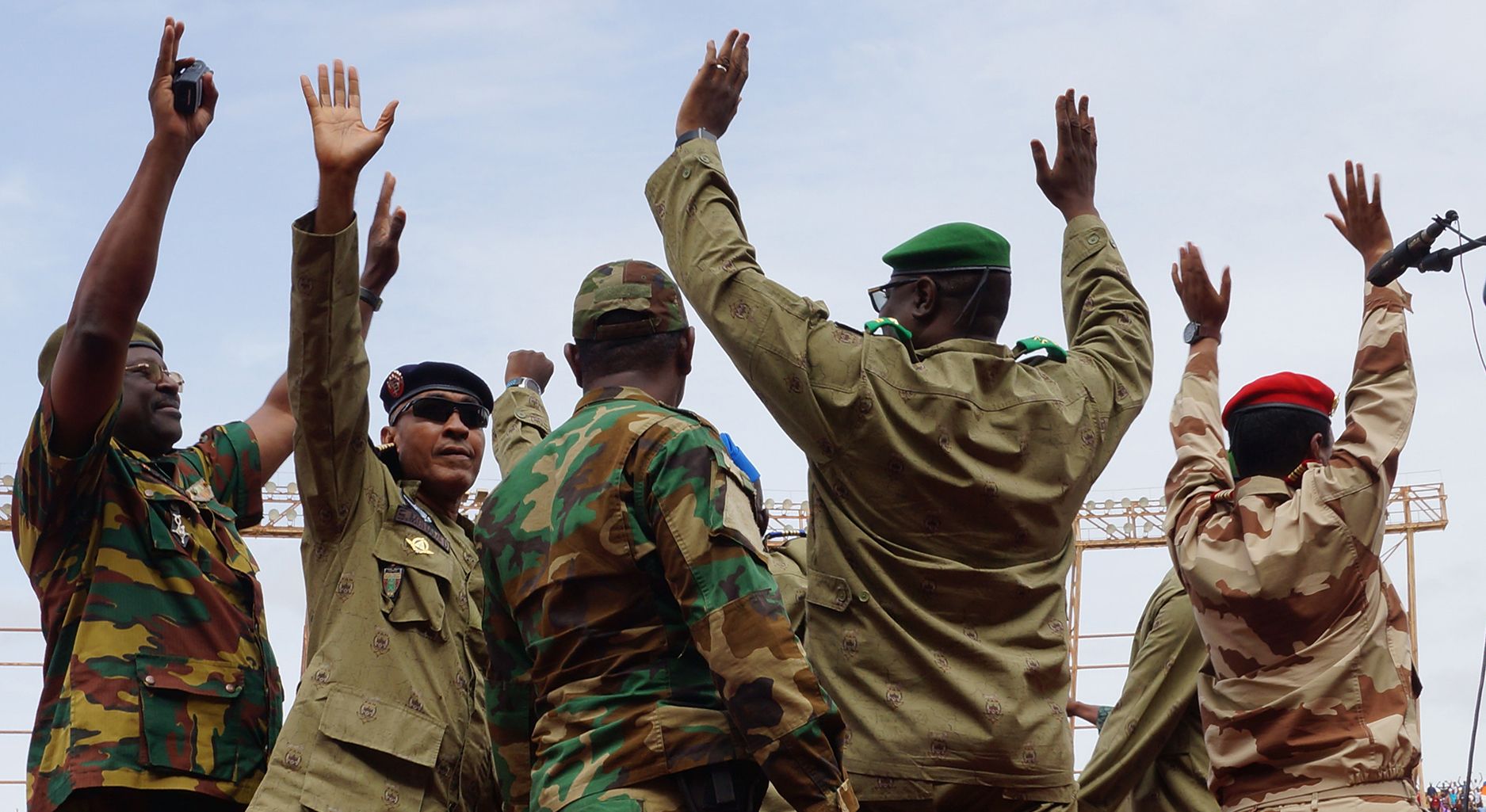Schlagwort: Militär
Eines der Dauerthemen im ersten Jahr von Donald Trumps zweiter Präsidentschaft war sein erklärtes...
Violence in a Warming World
Organized violence influences both the impacts of climate change and the politics of its...
Imperialistische Gewalt im „Hinterhof“: Hintergründe und Implikationen der US-Militärintervention in Venezuela
Das weltpolitische Jahr 2026 begann am 3. Januar 2026 mit einem klaren Bruch des Völkerrechts. In...
COP30 Climate Deal: Signed and Sealed, but Military Emissions Left on the Dock
At the closing plenary of COP30 in Belém, United Nations (UN) Climate Change Executive Secretary...
A Weapon Looking for a Purpose: Should Germany Deploy its New Heron TP Drones to the Baltics?
Influenced by Russia’s invasion of Ukraine and the evolving security landscape, Germany’s...
Europe’s Defence Dilemma: Rising Militarization Amidst Industrial Fragmentation and Weak Export Controls
The issue of arming Germany and the EU countries is currently dominating the headlines. The...
The Limits of Autonomy. Critically Assessing Factors Limiting Full Autonomy of Military Uncrewed Ground Vehicles
The robots are coming! In 2024, no week has passed without eye-catching headlines stating that...
Der militärische Einsatz künstlicher Intelligenz braucht Regeln: Nur welche, darüber besteht keine Einigkeit
Der Einsatz Künstlicher Intelligenz ist nicht auf zivile Zwecke begrenzt. Die Kriege in der...
Back in Business or Never Out? Military Coups and Political Militarization in Sub-Sahara Africa
This Spotlight discusses the resurgence of military coups in Sub-Saharan Africa. We argue that an...
